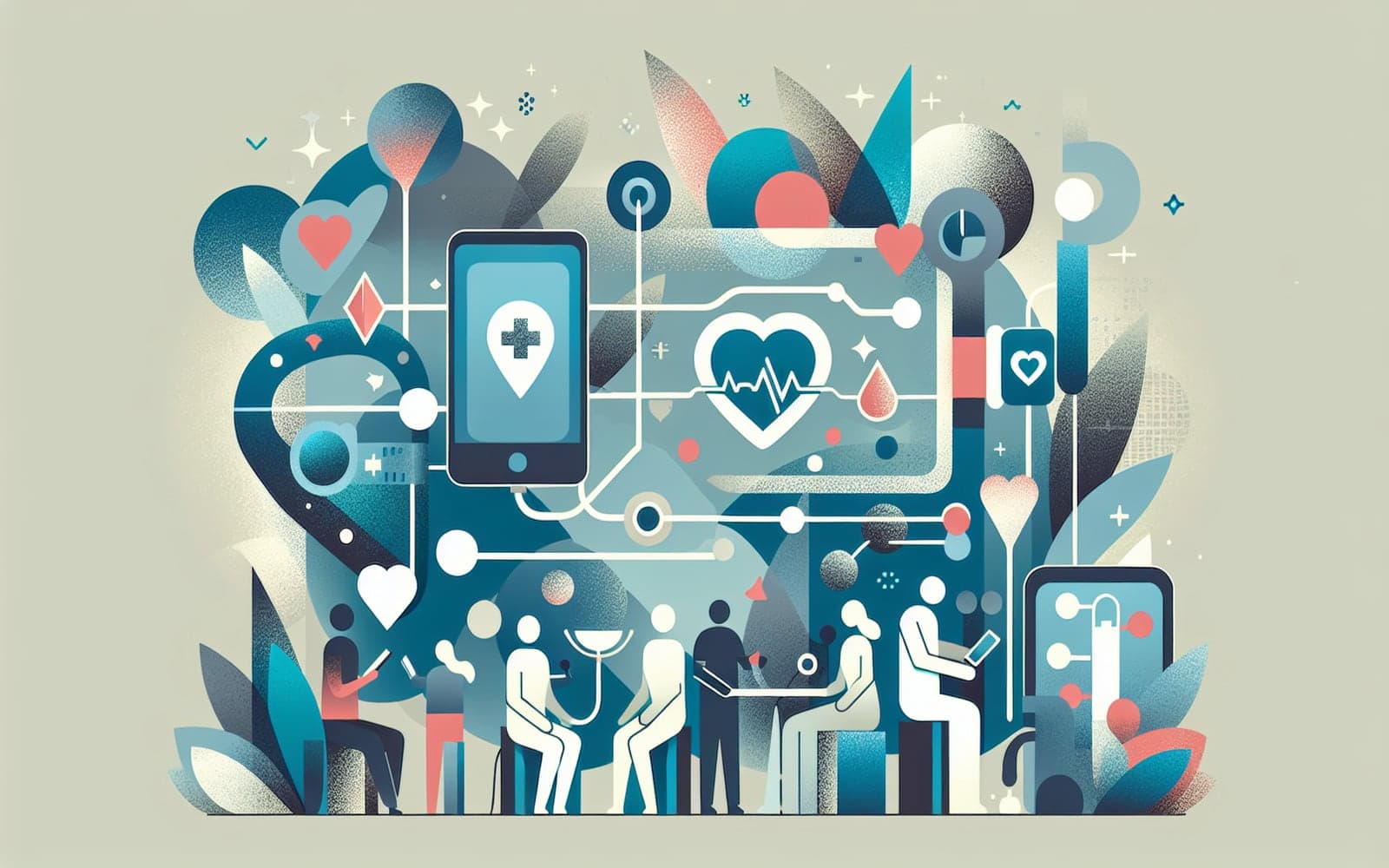Tech to the Rescue: How Smart Devices Are Revolutionizing Blood Pressure Medication Adherence
Published: Sep 24, 2023

Medically reviewed by Alan Lucks | MD, Alan Lucks MDPC Private Practice - New York on September 24th, 2023.
In the fight against hypertension, technology is emerging as a powerful ally. Smart devices and digital health tools are transforming how patients manage their blood pressure medications, making it easier than ever to stay on track with treatment plans.
Contents
Smart Pill Bottles
One of the most innovative tools in medication adherence are smart pill bottles. These devices can track when the bottle is opened, send reminders to take medication, and even alert caregivers if doses are missed. Some advanced models can even dispense the correct dose at the right time, eliminating the need for manual pill sorting.
Wearable Technology
Wearable devices like smartwatches are now capable of monitoring blood pressure and sending medication reminders. These devices can track trends in blood pressure over time, helping patients and doctors see the direct impact of medication adherence. Some can even detect irregular heart rhythms, providing additional health insights.

Smartphone Apps
There's an app for everything these days, including medication adherence. Smartphone apps can provide customized reminders, track medication intake, and even help patients refill prescriptions. Many apps also allow users to log their blood pressure readings, creating a comprehensive health diary that can be shared with healthcare providers.
Frequently Asked Questions
Prices vary, but many are becoming more affordable.
Many are quite accurate, but should be validated against clinical devices.
Reputable apps use encryption to protect your health data.
Many apps allow you to share data directly with your healthcare provider.
Key Takeaways
As these technologies continue to evolve, they promise to make medication adherence easier, more accurate, and more integrated into our daily lives.
Ready to explore how technology can boost your medication adherence? Chat with Doctronic about integrating smart devices into your hypertension management plan.Related Articles
- Is Poor Medication Adherence Sabotaging Your Blood Pressure Control?
- Cracking the Code: Simple Strategies to Boost Blood Pressure Medication Adherence
- Unmasking the Truth: How Doctors Detect Blood Pressure Medication Nonadherence
- The Silent Threat: Why Skipping Blood Pressure Meds is More Dangerous Than You Think
References
Hafezi H, Robertson TL, Moon GD, et al. An ingestible sensor for measuring medication adherence. IEEE Trans Biomed Eng 2015; 62:99.
Thakkar J, Kurup R, Laba TL, et al. Mobile Telephone Text Messaging for Medication Adherence in Chronic Disease: A Meta-analysis. JAMA Intern Med 2016; 176:340.
This article has been reviewed for accuracy by one of the licensed medical doctors working for Doctronic. Always discuss health information with your healthcare provider.

